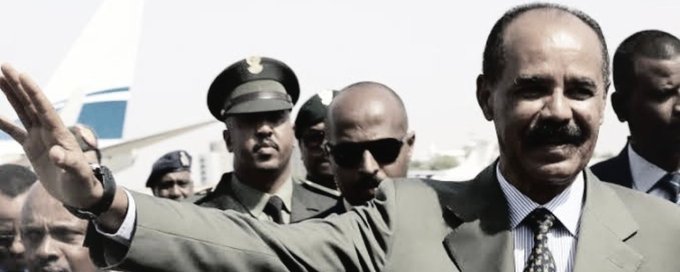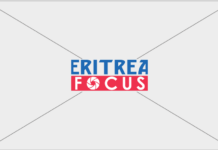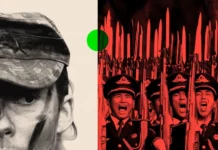Former United States ambassador to Ethiopia Tibor Nagy, a vocal critic of the Eritrean government, recently likened Isaias Afwerki’s rule to that of Bashar al-Assad, suggesting that Eritreans, much like Syrians, may one day celebrate the end of his long tenure. Yet as things stand, the future beyond Afwerki remains opaque. His regime, marked by an unchallenged strong-man dictatorship and the absence of meaningful political opposition, differs sharply from the fractured power structures that toppled Assad, but Eritrea’s prospects are no less uncertain.
Afwerki’s tenure as founder and dictator has been defined by the forging of a national identity and the construction of a state. Central to the struggle for independence, he guided Eritrea into the community of nations amid widespread optimism. Gradually, however, the “Renaissance leader” hailed at independence revealed himself as an autocrat intolerant of dissent. By the early 2000s, Eritrea had slipped into isolation and a pervasive climate of state paranoia.
After the brutal border war with Ethiopia, Eritrea and Isaias stood almost entirely alone. Ministers who sought to curb presidential power were swept into secret prisons. Independent media were shuttered, and journalists were detained or forced into exile. With the constitution shelved and elections indefinitely postponed, Afwerki centralized all authority under his direct command. Under his doctrine of “self-reliance,” Eritrea spurned foreign aid, expelled most NGOs and withdrew from regional bodies, replacing lasting partnerships with short-term alliances and transactional deals, often involving support for regional militias or fleeting ties with Gulf states to keep neighbours off-balance.
Through these years, Afwerki maintained his grip on power with little domestic or external challenge. Yet that grip rests entirely on his personal authority and a web of coercion, with no formal mechanism for succession. When advancing age eventually forces a transition, Eritrea risks factional infighting among military and party elites, mass desertions of conscripts and a resurgence of suppressed political actors. Alternatively, if Nagy’s comparison to Syria holds weight, popular demands for an end to repression could drive a more transformative change.
Beyond internal realignment, Eritrea’s foreign policy will see a significant shift. A post-Afwerki Eritrea could revamp the 2018 peace accord with Ethiopia and push for the amendment of a long-fractured relationship. A successor government could open the doors for addressing deeply engrained rifts between the two irrevocably intertwined countries. Indeed, if such a scenario materializes, however unlikely, it will lead to a rearrangement significant enough to shape the political and social fabric of the whole Horn of Africa region.
Similarly, Eritrea’s neighbours could be made to see the country beyond a hub for proxy competition that has been its identity for decades. Instead of covert meddling in the affairs of other states, a new Eritrean government might settle long-held political animosities and mistrust and invite leaders such as that of Djibouti into a relationship of genuine cooperation. By trading military posturing for economic and security partnerships, Eritrea could help anchor growth and peace across its borders.
Isaias’ worn-out “self-reliant” ideology, which has crippled the country’s economic potential, could see replacement by a more proactive and engaging approach. Rather than retreating behind sealed borders, a successor government could court regional and African initiatives aimed at trade cooperation. Eritrea could see economic corridors open and its youth create job opportunities at home instead of risking dangerous migration abroad in search of menial work.
On the global stage, Asmara could abandon survival-driven alliances and pursue genuine multilateral engagement. Re-joining international institutions and participating in continental initiatives alongside its African peers would signal a shift from isolation to integration. Adopting international norms and participating effectively in global politics could allow Eritrea to shape its own priorities within broader frameworks without losing autonomy.
That said, the inertia of a state long built around Afwerki’s singular will means a relapse into isolationist routines remains a theoretical risk, though without his iron hand, such a return seems remote.
Ultimately, Eritrea’s future hinges on whether its next leaders can forge resilient institutions, rebuild trust with neighbours and open new windows to the world, or, on the contrary, fall back into the bunker mentality that defined the past. In navigating these choices, the country will determine whether it finally steps out of the shadow of its founder and onto a path of sustainable peace and prosperity.







